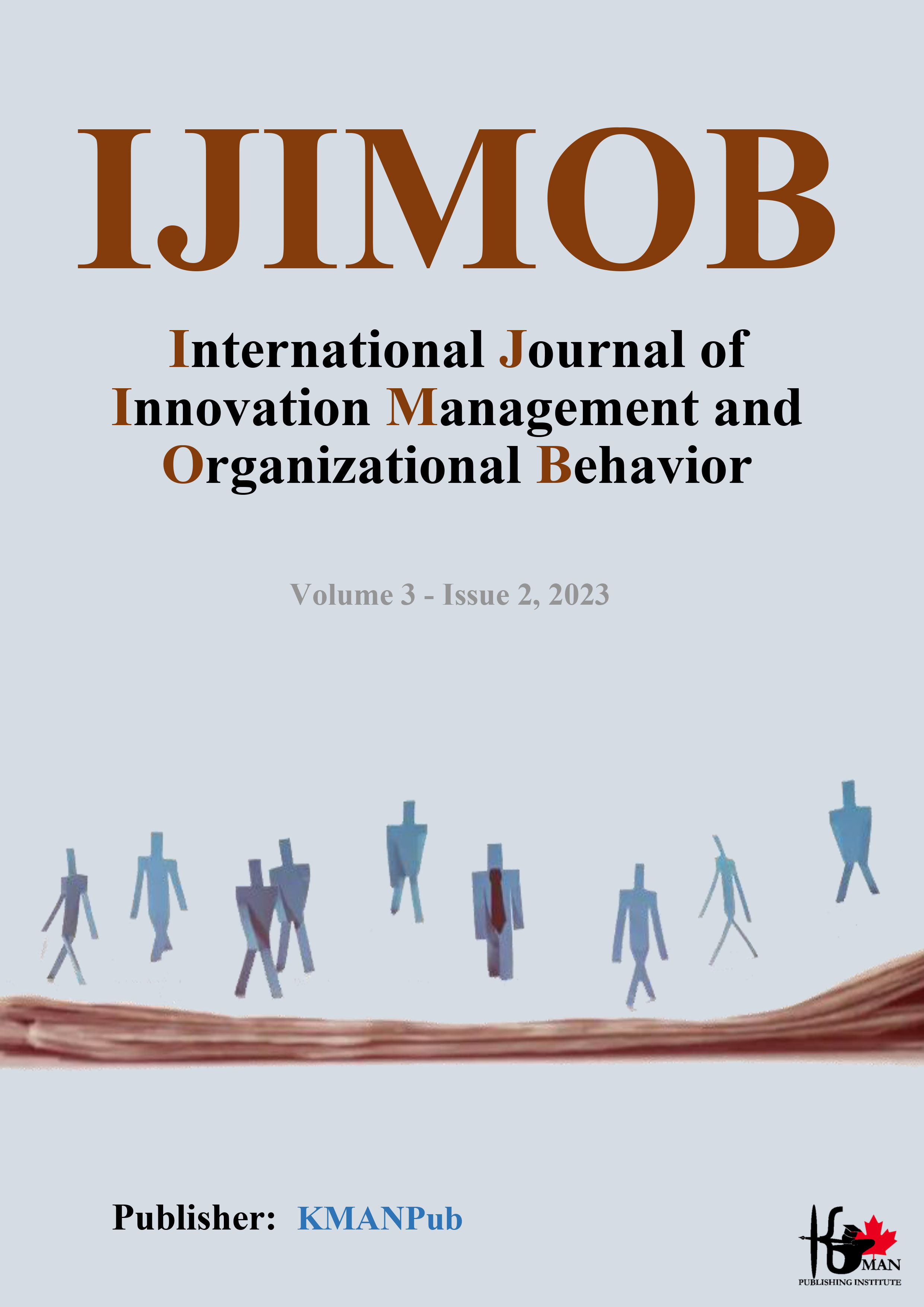Identification and Evaluation of Components in the Optimization Model for Educational Management of Municipality Employees
Keywords:
marketing agility, educational services, interaction effects analysis, driversAbstract
Objective: The purpose of this research was to design an optimization model for educational management and employees. The results of this research showed:
Methodology: The research method employed is a mixed approach; data-wise, it is an exploratory mixed method, implementation-wise, it involves content analysis, and in terms of nature and type of study, it is conventional content analysis in the qualitative dimension. The study population in this research included faculty members in the fields of educational management and psychology, according to entry and exit criteria, and in the quantitative section, all managers and experts of District 22 of Tehran Municipality. Using a non-random and purposive sampling method, considering the saturation principle, 12 professors were selected. Data collection was conducted using interviews and researcher-made questionnaires. The reliability obtained from two coders was calculated to be 77.4%.
Findings: The correlation matrix of the identified indicators as appropriate indicators of the observed variables (questionnaire items) is suitable for conducting confirmatory factor analysis, and the confirmatory factor analysis indicates a good fit of the model. The average opinion of experts in evaluating the internal validity of the designed model indicates that the model has the necessary validity, and the average responses of experts to each question are significantly higher than the average scores for each question.
Conclusion: To optimize and improve the psychological well-being of the workplace, which is a crucial aspect of human resource development, necessary actions should be taken to create a calm and acceptable work environment, facilitating the growth, flourishing, and positive performance of employees.Downloads
Downloads
Additional Files
Published
Issue
Section
License
Copyright (c) 2023 Somayeh Shabani (Author); Mohammadreza Shahabadi (Corresponding Author); Maryam Golbabaee (Author)

This work is licensed under a Creative Commons Attribution-NonCommercial 4.0 International License.
















